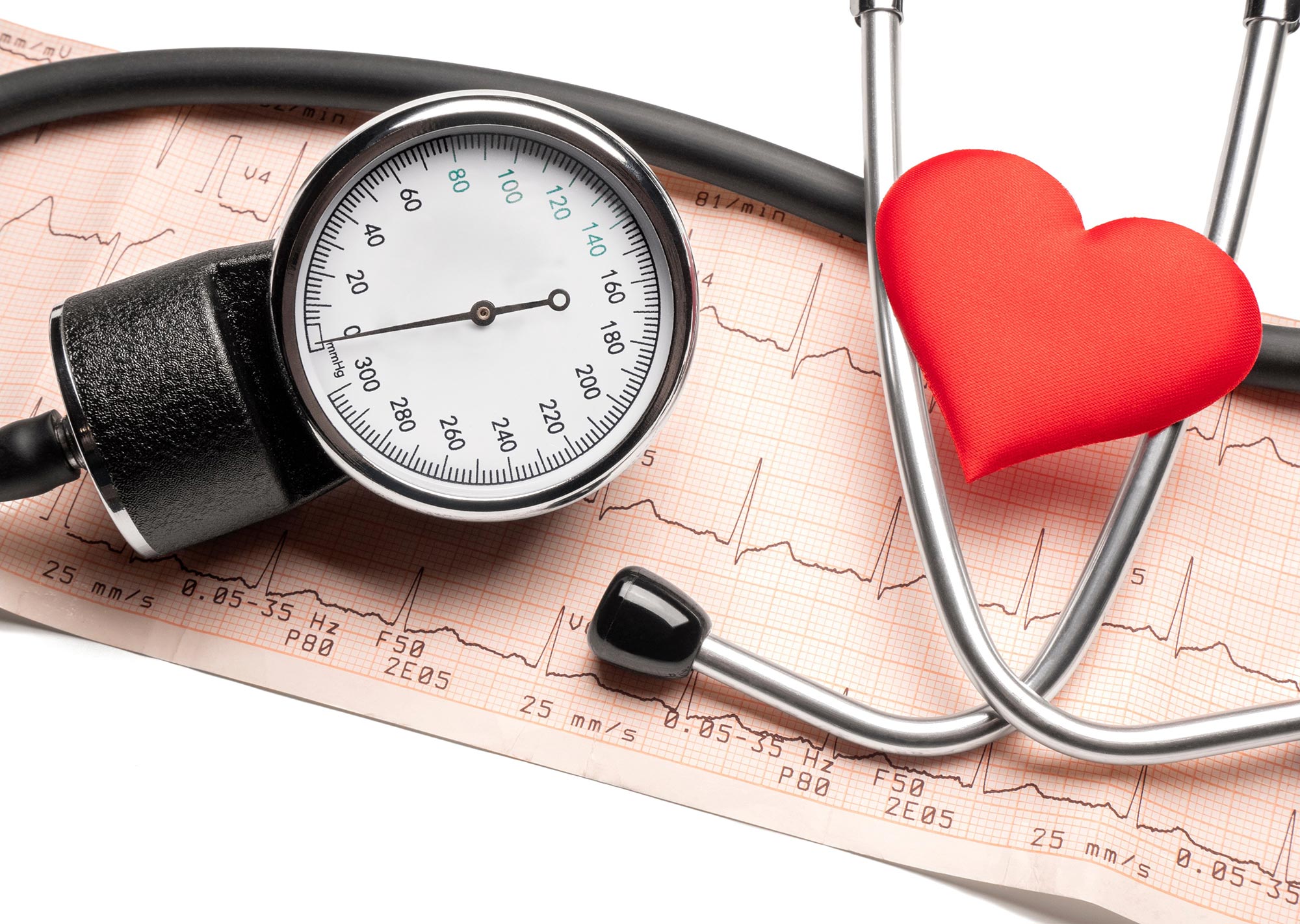Reducing salt intake by just one teaspoon per day can significantly lower blood pressure, even for those taking hypertension medication. A recent study from Vanderbilt University Medical Center, Northwestern Medicine and the University of Alabama at Birmingham revealed that most people, regardless of whether or not they take blood pressure medications, saw a notable decrease in blood pressure when they cut back on sodium.
In this study, participants, who were middle-aged to elderly, reduced their salt intake by about a teaspoon a day. As a result, they experienced a noteworthy decline in systolic blood pressure by about 6 millimeters of mercury (mm Hg)—similar to the effect of a commonly prescribed high blood pressure medication.
Principal investigator, Deepak Gupta, M.D., MSCI, an associate professor of Medicine at Vanderbilt University Medical Center, stated, “We found that 70-75% of all people, regardless of whether they are already on blood pressure medications or not, are likely to benefit from a reduction in sodium intake, effectively lowering their blood pressure.”
The study, recently featured in the Journal of the American Medical Association, aimed to investigate the effect of dietary reduction of sodium on blood pressure in individuals with hypertension, including those receiving medication. Prior to this, it was not clear if people on blood pressure medication could further reduce their blood pressure by lowering their sodium intake.
Another principal investigator, Norrina Allen, Ph.D., MPH, a professor of Preventive Medicine at Northwestern University Feinberg School of Medicine, added, “We previously didn’t know if people already on blood pressure medication could actually lower their blood pressure more by reducing their sodium.”
High blood pressure is globally the leading cause of morbidity and mortality. As it can lead to heart failure, heart attacks, and strokes, it’s crucial to manage blood pressure. Allen further explained that blood pressure puts extra pressure on the arteries and affects the heart’s ability to function effectively and pump blood.
In this comprehensive study, participants, aged 50 to 70, drastically reduced their sodium intake in a week. As a result, systolic blood pressure significantly decreased by 7 to 8 mm Hg when they consumed a low-sodium diet compared to a high-sodium diet. These findings demonstrate that reducing dietary sodium can effectively lower blood pressure, even among individuals taking hypertension medication.
Overall, 72% of participants experienced a decrease in their systolic blood pressure when they followed the low-sodium diet compared to their usual diet. According to Gupta, who led the study, “The effect of reduction in dietary sodium on blood pressure lowering was consistent across nearly all individuals, including those with normal blood pressure, high blood pressure, treated blood pressure, and untreated blood pressure.”
This research highlights the importance of dietary sodium reduction to manage blood pressure, even among individuals taking medications for hypertension. Additionally, the blood pressure-lowering effect of dietary sodium reduction was achieved rapidly and safely within one week.
Debilitating high blood pressure could be tackled by people by committing to reducing their dietary sodium intake, which can be beneficial within a week. This underscores the potential public health impact of dietary sodium reduction in combating high blood pressure, a significant health issue around the globe.


